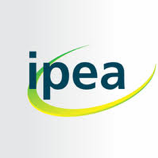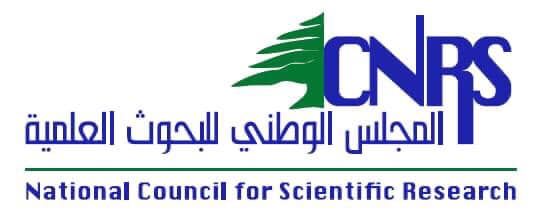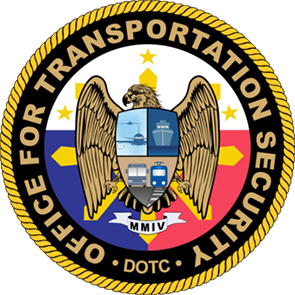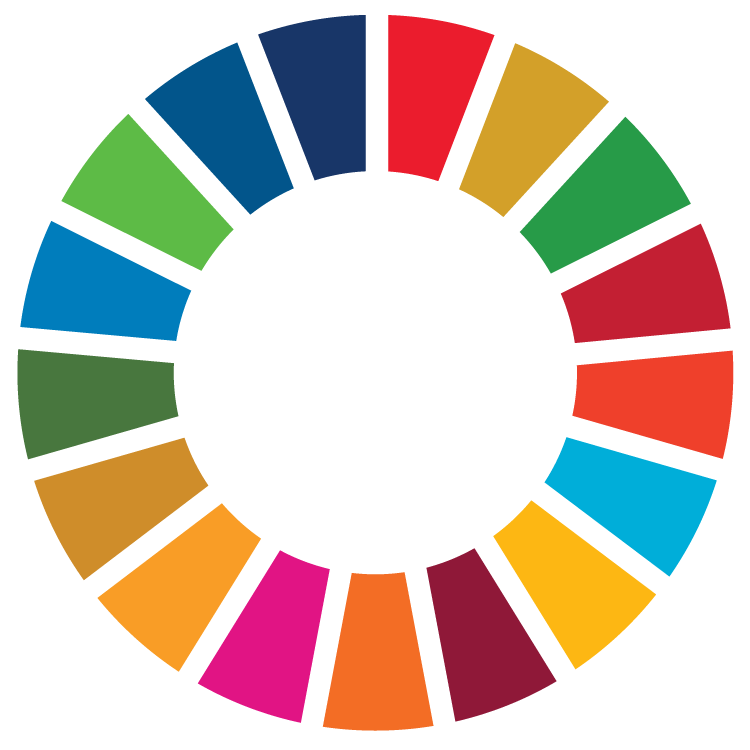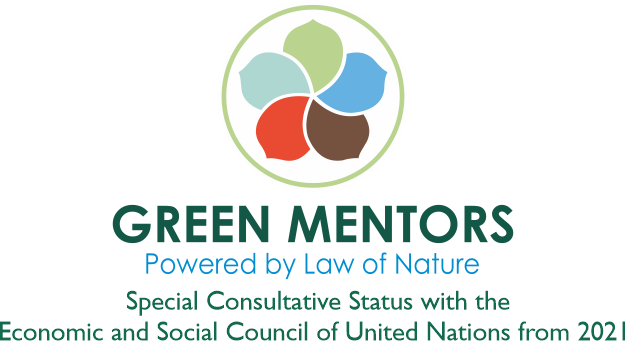EU-UNOPS Lives in Dignity (LiD)
Description
About
The EU-UNOPS Lives in Dignity (LiD) Grant Facility was founded in 2020 to efficiently and effectively channel funding to promote development-oriented approaches to new, recurrent and protracted displacement crises, focusing on early operational engagement.
Context
In the past decade, the forced displacement crisis has increased in both scale and complexity. The number of people forcibly displaced has risen to 82.4 million in 2020 – more than 1% of the world’s population. An estimated 40% are children under the age of 18.
Most displaced people exist in a limbo that is economically insecure, psychologically traumatic, and devoid of a planning horizon. Host communities, 86% of whom are in developing countries, are themselves frequently overburdened, under-resourced and overwhelmed by the influx.
The protracted nature of forced displacement means current models of displacement management are largely ineffective. Stronger cooperation between development, humanitarian, and peace actors will result in more effective and lasting solutions for those affected by forced displacement, ensuring they do not become locked in a cycle of reliance and dependency.
Approach and expected impact
The LiD Grant Facility supports refugees and other displaced persons to become productive members of their host communities and participate in furthering their common resilience, socio-economic growth and development.
The strategic priorities for the Facility are:
- Early engagement of development-led approaches to forced displacement
- A needs-based rather than status-based approach, including all displacement-affected populations
- A coherent and complementary approach with strong synergies between all partners.
The Facility focuses on five thematic areas:
- economic livelihood development
- spatial planning, housing and settlement
- integrated service delivery (health, education, water and sanitation, energy)
- protection in development
- addressing disaster and climate-related human mobility
The LiD Grant Facility’s flexible structure ensures it is agile and responsive, reinforcing the humanitarian-development-peace nexus. It contributes to and aligns with existing global efforts, drawing on the expertise of numerous actors, which in turn informs the strategic direction and the overall work of the Facility.
Target countries and situations
Between 2021 to 2025, the LiD Grant Facility is allocating €24 million to a diverse group of implementing partners. The facility’s geographic scope includes regions in Asia, Latin America and Sub-Saharan Africa.
The first call for proposals focused on the following displacement situations:
- Countries cooperating under the SSAR/Solutions Strategy for Afghan Refugees to Support Voluntary Repatriation, Sustainable Reintegration and Assistance to Host Countries (Afghanistan, Pakistan and Iran).
- Countries cooperating under the MIRPS/Regional Comprehensive Protection and Solutions Framework (Belize, Costa Rica, Guatemala, Honduras, El Salvador, Mexico and Panama).
- Sahel countries (Burkina Faso, Chad, Mali, Mauritania, Niger) and including Nigeria.
The second call for proposals focused on the following displacement situations:
- Countries affected by both the Myanmar forced displacement situation and disaster/climate related displacement (Myanmar, Bangladesh, Malaysia and Thailand).
- Horn of Africa — Countries highly relevant to the Sudan–South Sudan situation (South Sudan, Sudan and Uganda).
- Americas — Countries highly affected by the Venezuela displacement situation (Aruba and Curacao, Colombia, the Dominican Republic, Ecuador, and Peru).
Find out more about the projects funded here.
About UNOPS
The United Nations Office for Project Services (UNOPS) is an operational arm of the United Nations, dedicated to implementing projects for the United Nations System, international financial institutions, governments and other partners around the world. The organization’s global headquarters is located on the UN City campus in Copenhagen, Denmark.
UNOPS helps the UN and its partners provide peace and security, humanitarian and development solutions. Our mission is to help people build better lives and countries achieve peace and sustainable development. UNOPS is focused on implementation, committed to UN values and private sector efficiency, and is the only part of the UN not receiving core funding from tax payers. Its services cover infrastructure, project management, procurement, financial management and human resources. It aims to supplement the capacities of partners, improving speed, reducing risks, boosting cost-effectiveness and increasing quality.
SECTOR
Peace and Development
Country
Denmark
SDG
01 - No Poverty, 02 - Zero Hunger, 03 - Good Health and Well-being, 04 - Quality Education, 05 - Gender Equality, 06 - Clean Water and Sanitation, 07 - Affordable and Clean Energy, 08 - Decent Work and Economic Growth, 09 - Industry, Innovation and Infrastructure, 10 - Reduced Inequalities, 12 - Responsible Consumption and Production, 13 - Climate Action, 15 - Life on Land, 16 - Peace and Justice Strong Institutions, 17 - Partnerships for the Goals
Organization Type
Intergovernmental Organization
Similar Organizations
